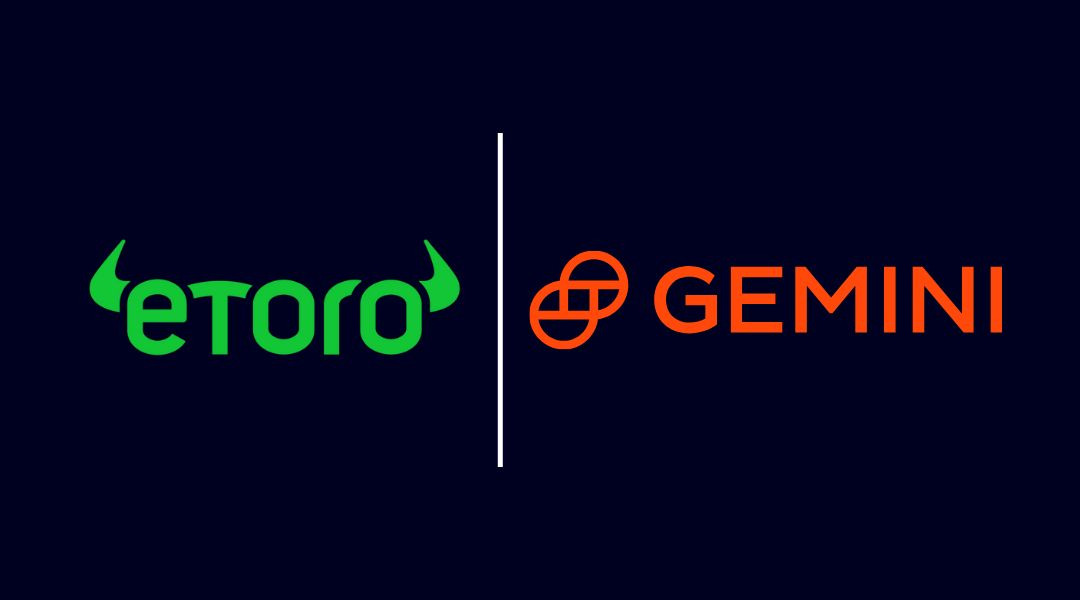Adyen, a Dutch payments firm, has received approval for a banking license in the U.K., signaling an expansion into the banking sector. This move allows Adyen to offer cash advances to small and medium-sized enterprises (SMEs) in the U.K. and ensures that it can continue to operate under the U.K.'s Temporary Permissions Regime post-Brexit.
Adyen's Ambitious Strategy for Global Expansion
Adyen already holds a banking license in the Netherlands as an acquiring bank, which enables it to process merchant payments swiftly, bypassing the need for banking partners, which often takes several days for settlements.
In the U.K., Adyen's merchants can provide services, such as bank accounts, virtual or physical cards, cash flow and expense management.
This banking authorization is part of Adyen's strategy to become a full-fledged global financial technology platform. Adyen, often considered a competitor to U.S. payments giant Stripe, is one of Europe's largest technology firms with a market capitalization of approximately 23.4 billion euros ($25 billion).
However, Adyen faced challenges earlier, with its shares falling significantly on August 17, resulting in a substantial decrease in its market value. Despite this setback, the company appears to be recovering and is focused on strengthening its position in the financial technology sector.
Adyen's U.K. Banking License Approval vs. Revolut's Challenges
Notably, Adyen’s approval for a banking license in the U.K. comes as another fintech firm in the U.K., Revolut, has faced difficulties in obtaining a banking license from the Bank of England.
Revolut applied for a license two years ago but encountered delays and regulatory concerns, including issues related to its corporate culture and late filing of accounts. Revolut has since made efforts to address these concerns and has seen changes in its leadership.
Revolut, offers the advantages of global accessibility, real-time transaction tracking, financial management tools, cryptocurrency integration, and competitive forex rates. However, it has limitations in deposit protection, customer assistance channels, subscription fees for premium features, cryptocurrency market volatility, and the absence of physical branches.


















